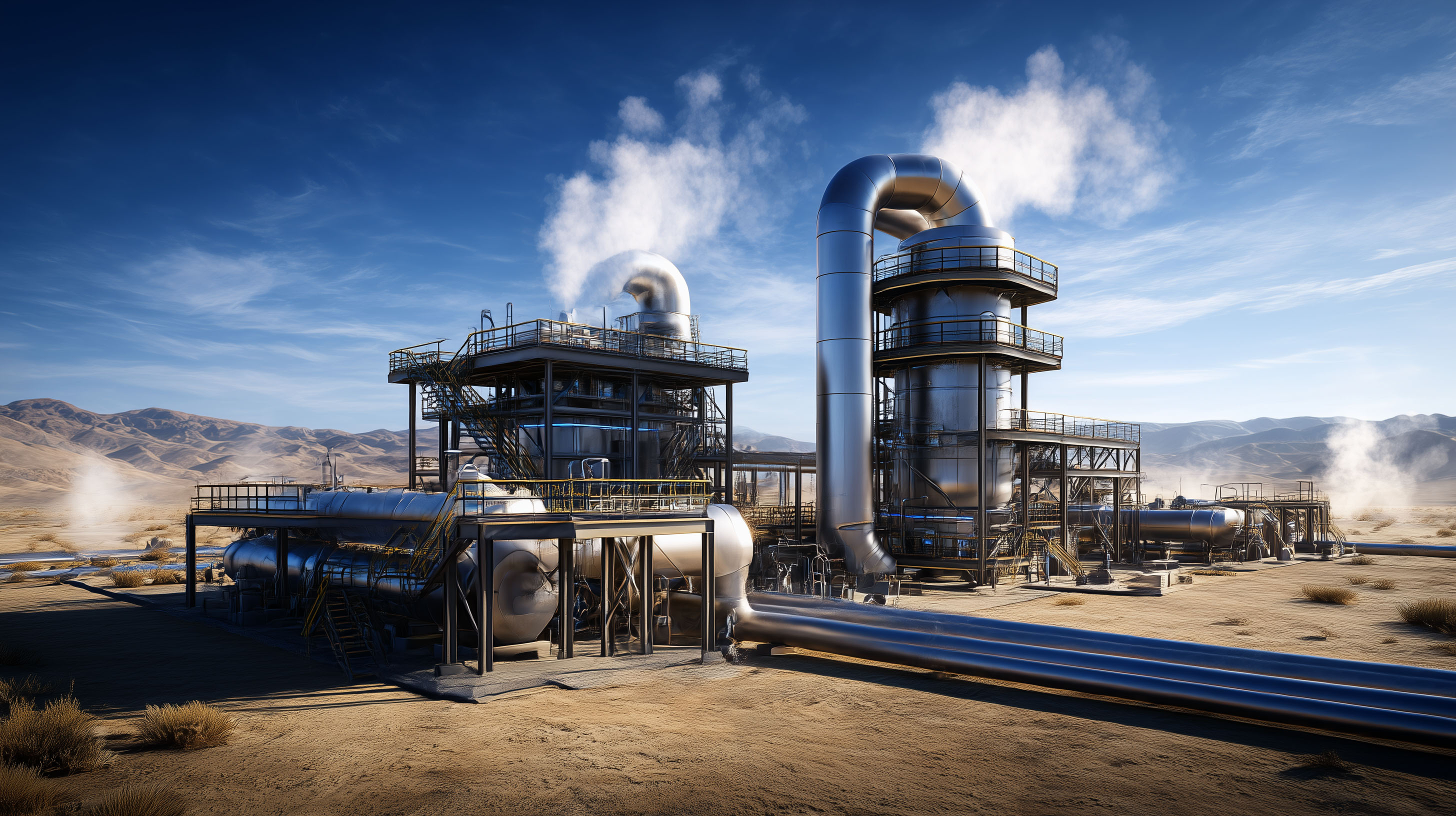For the past 12,000 years, Earth’s circular orbit has provided stable temperatures, fostering the Holocene era, crucial for human development and agriculture. This unique period of warmth, longer than previous interglacials, is threatened by human-induced climate change, with CO2 levels exceeding safe limits. The transition to the Anthropocene era, marked by significant human impact, necessitates urgent global action on sustainability and emissions reduction, as highlighted in recent international agreements and commitments by various US entities, despite federal resistance.







